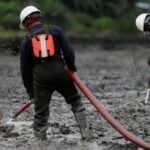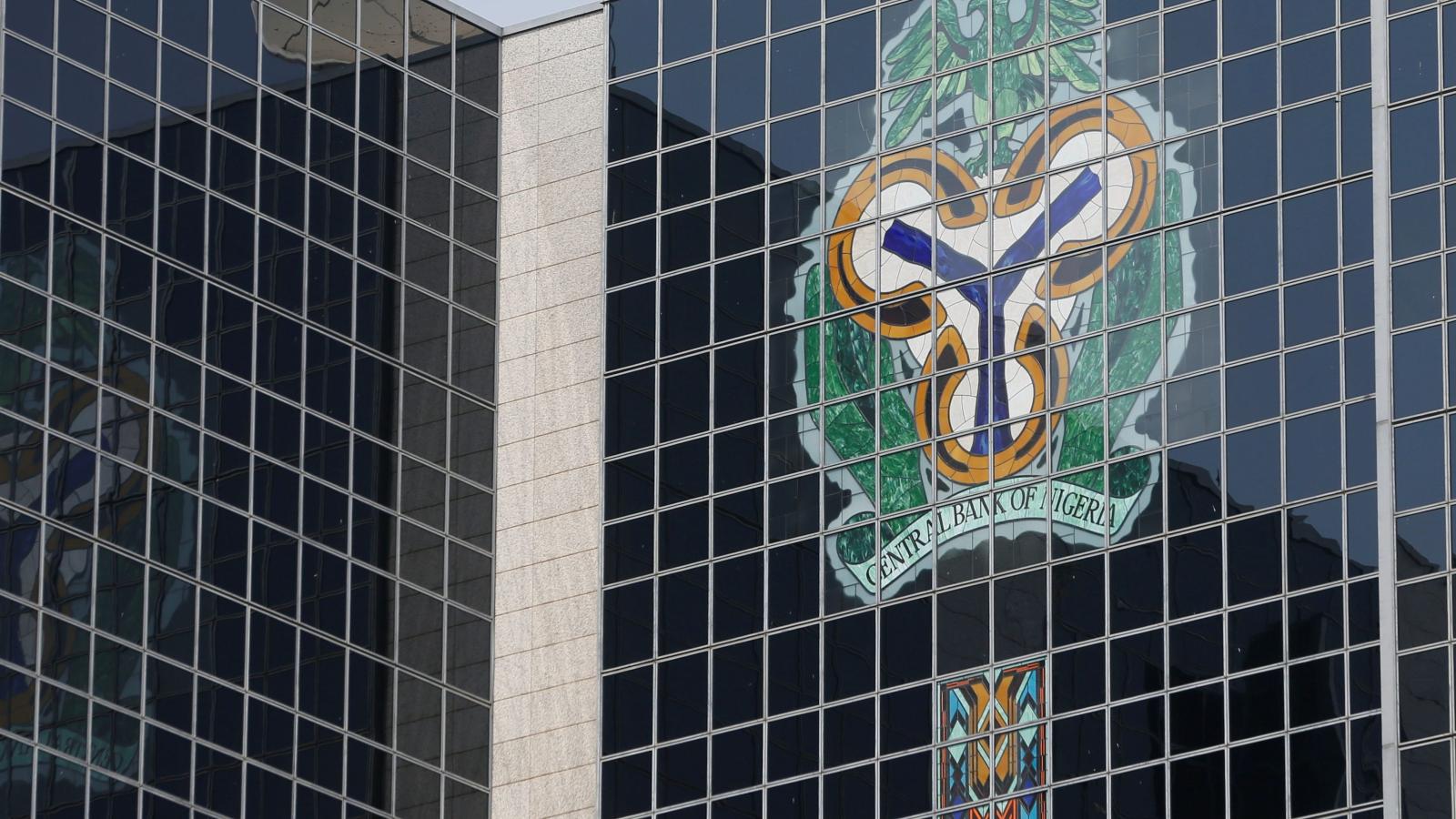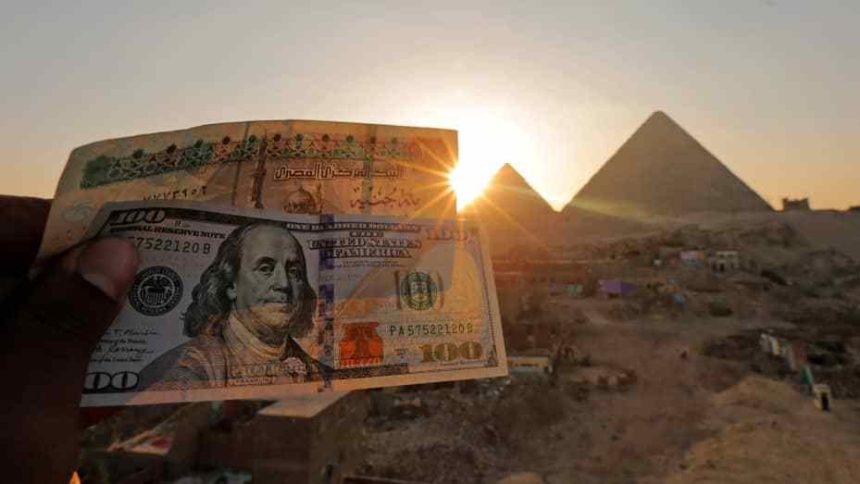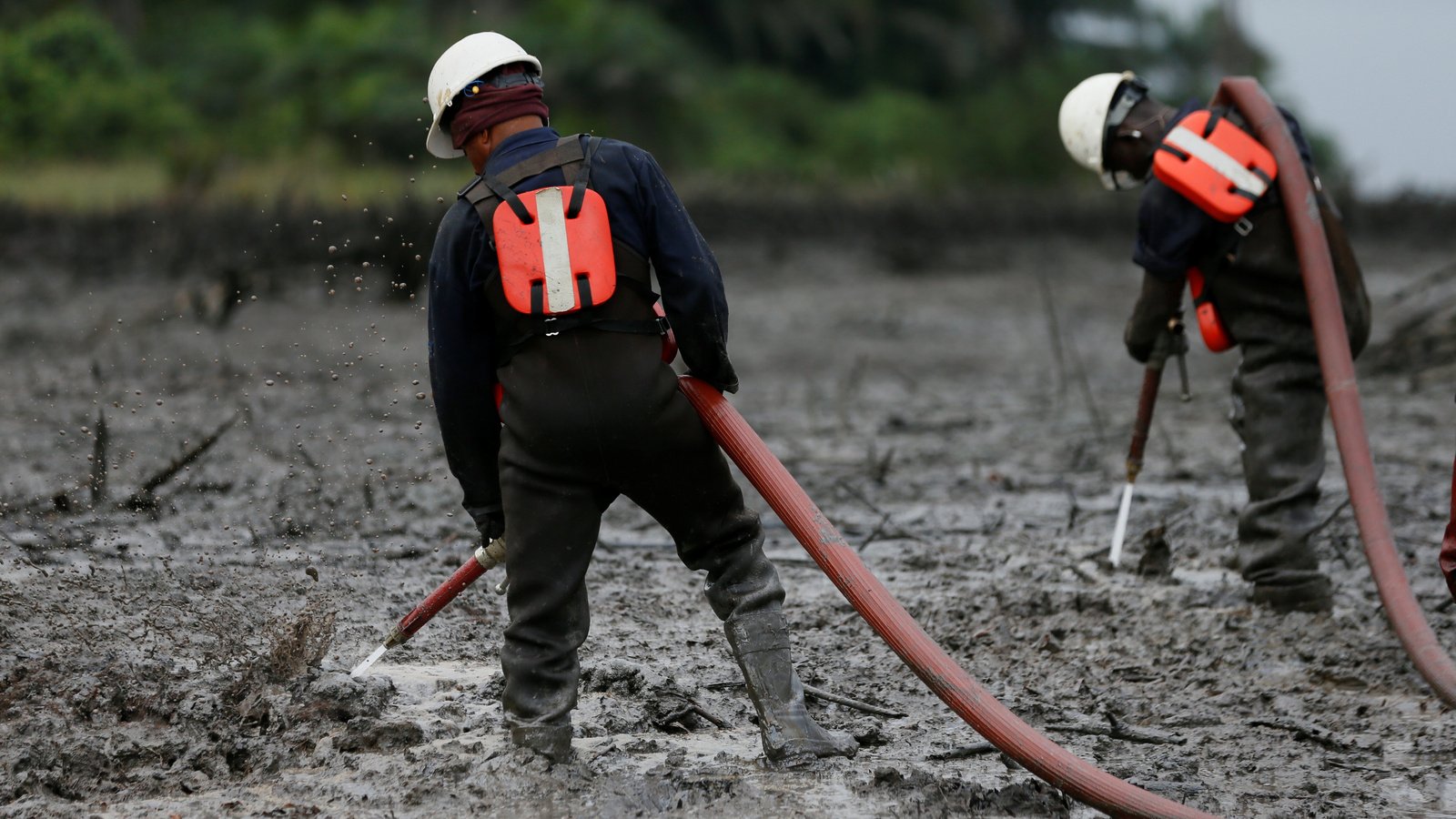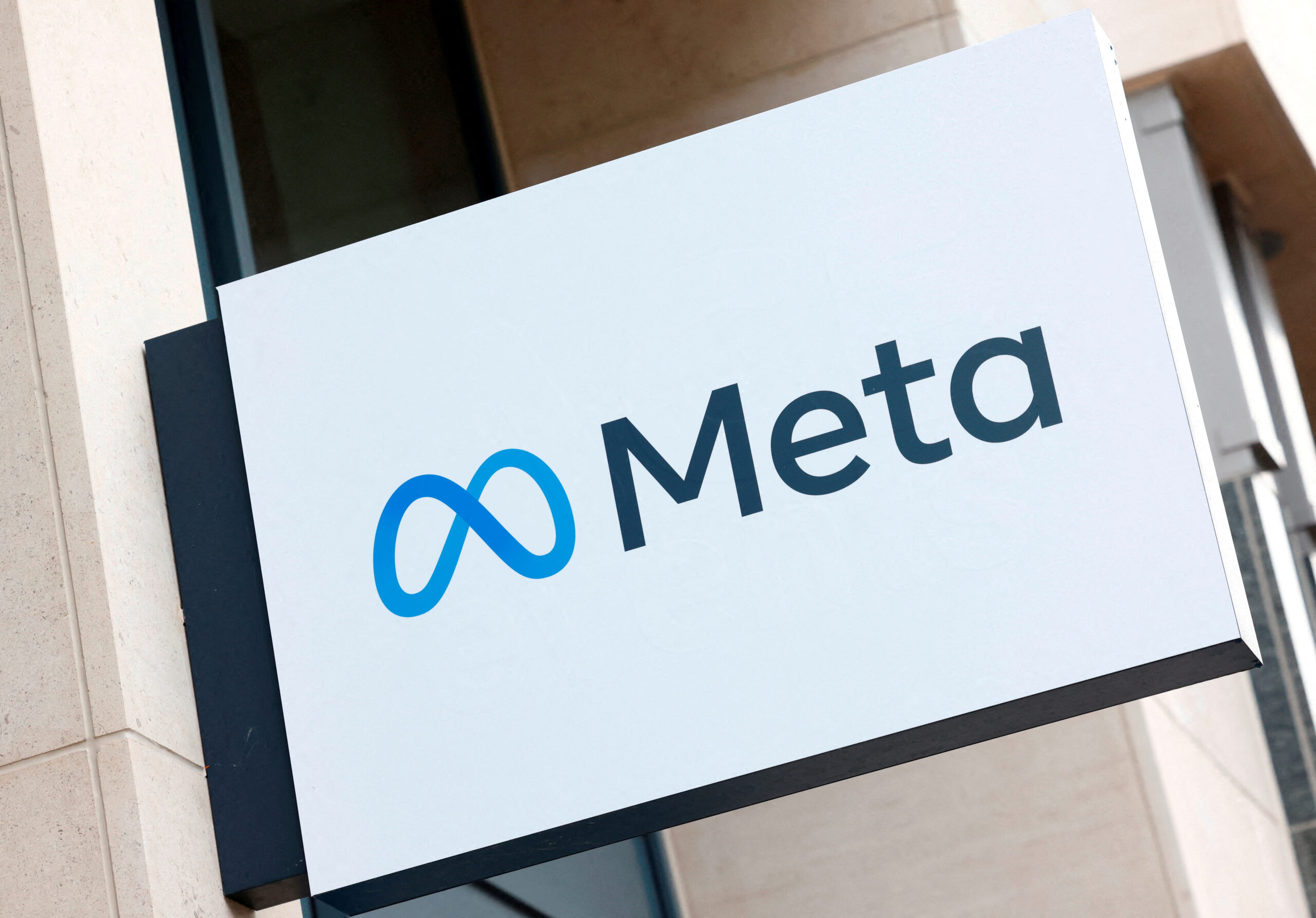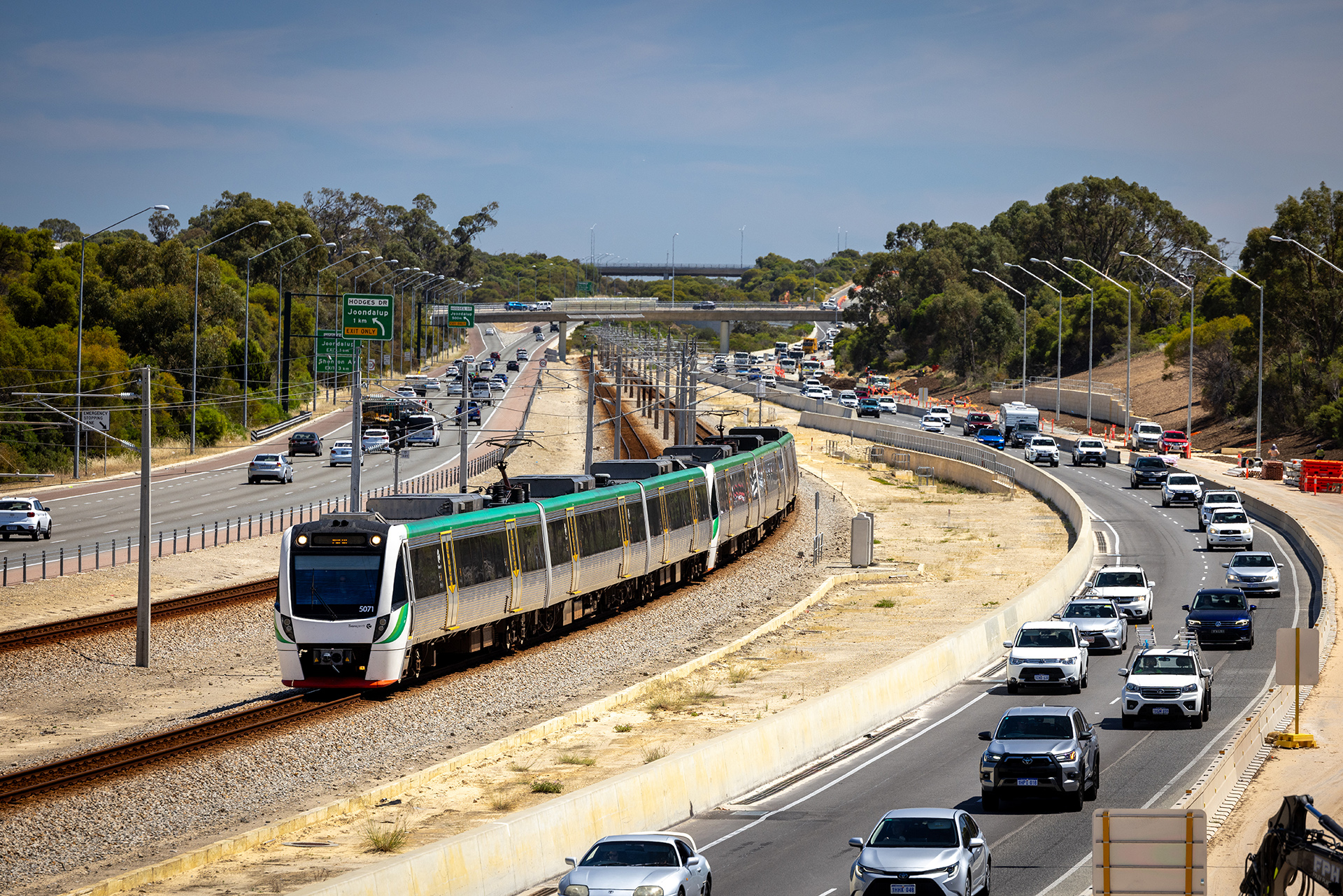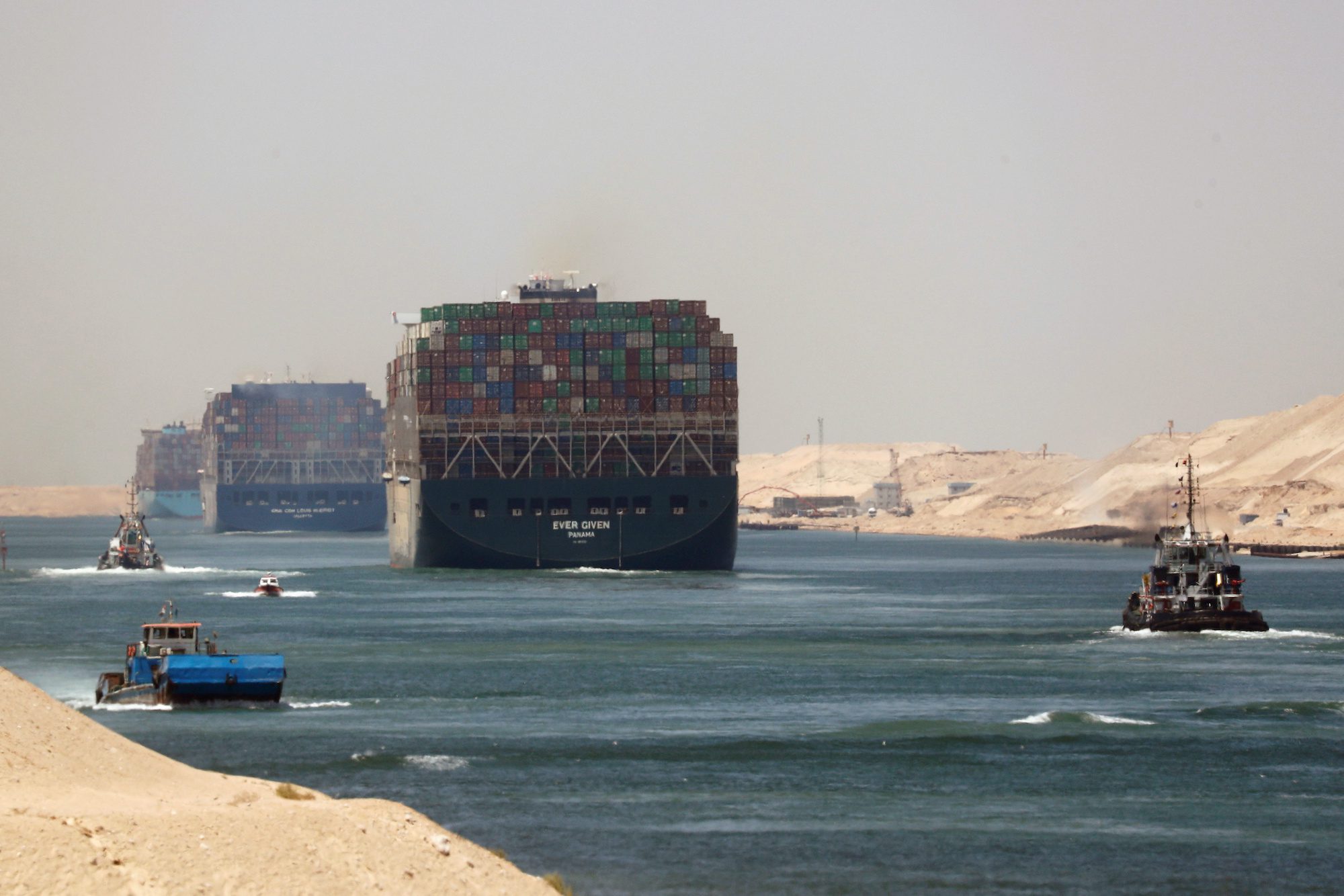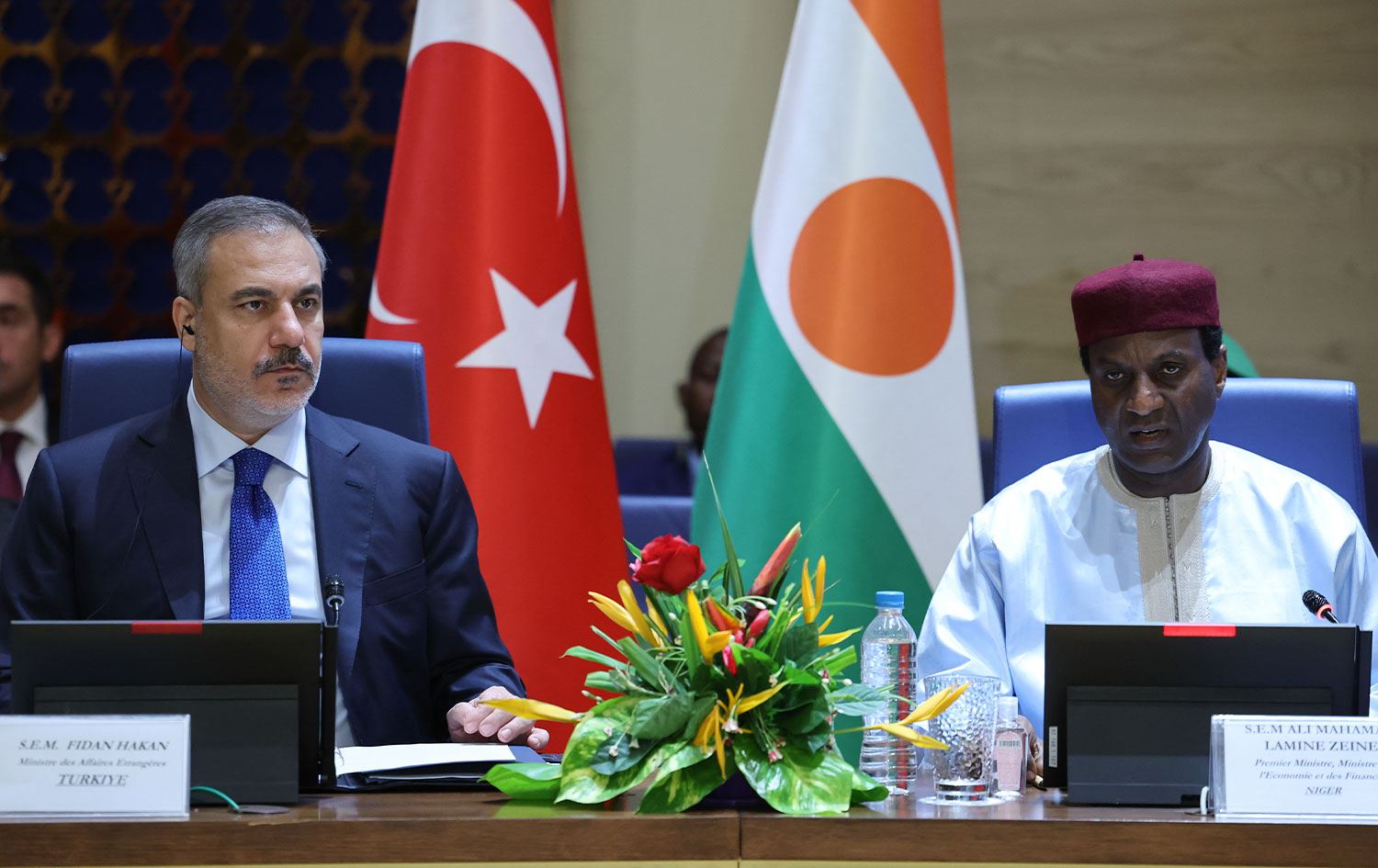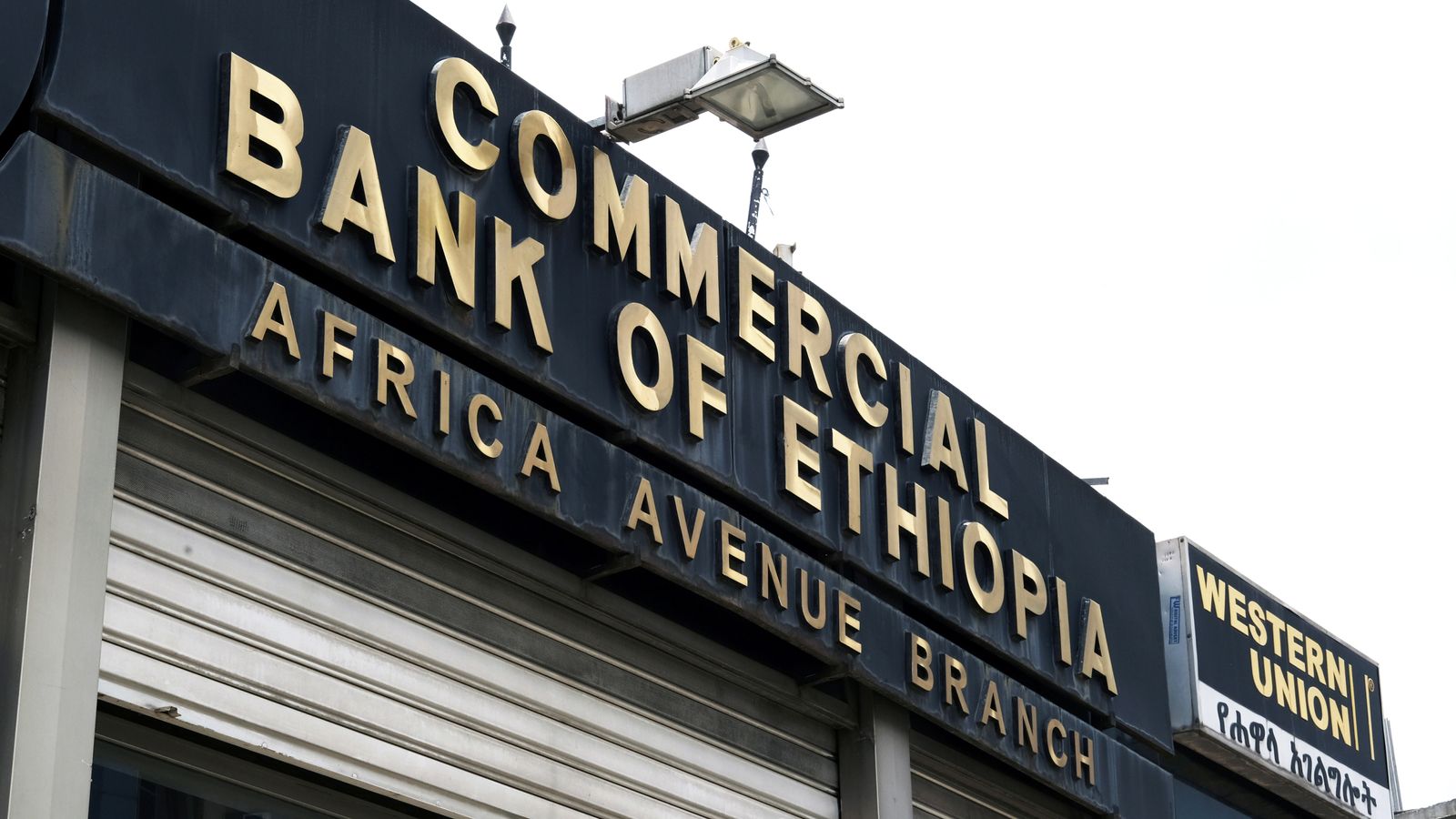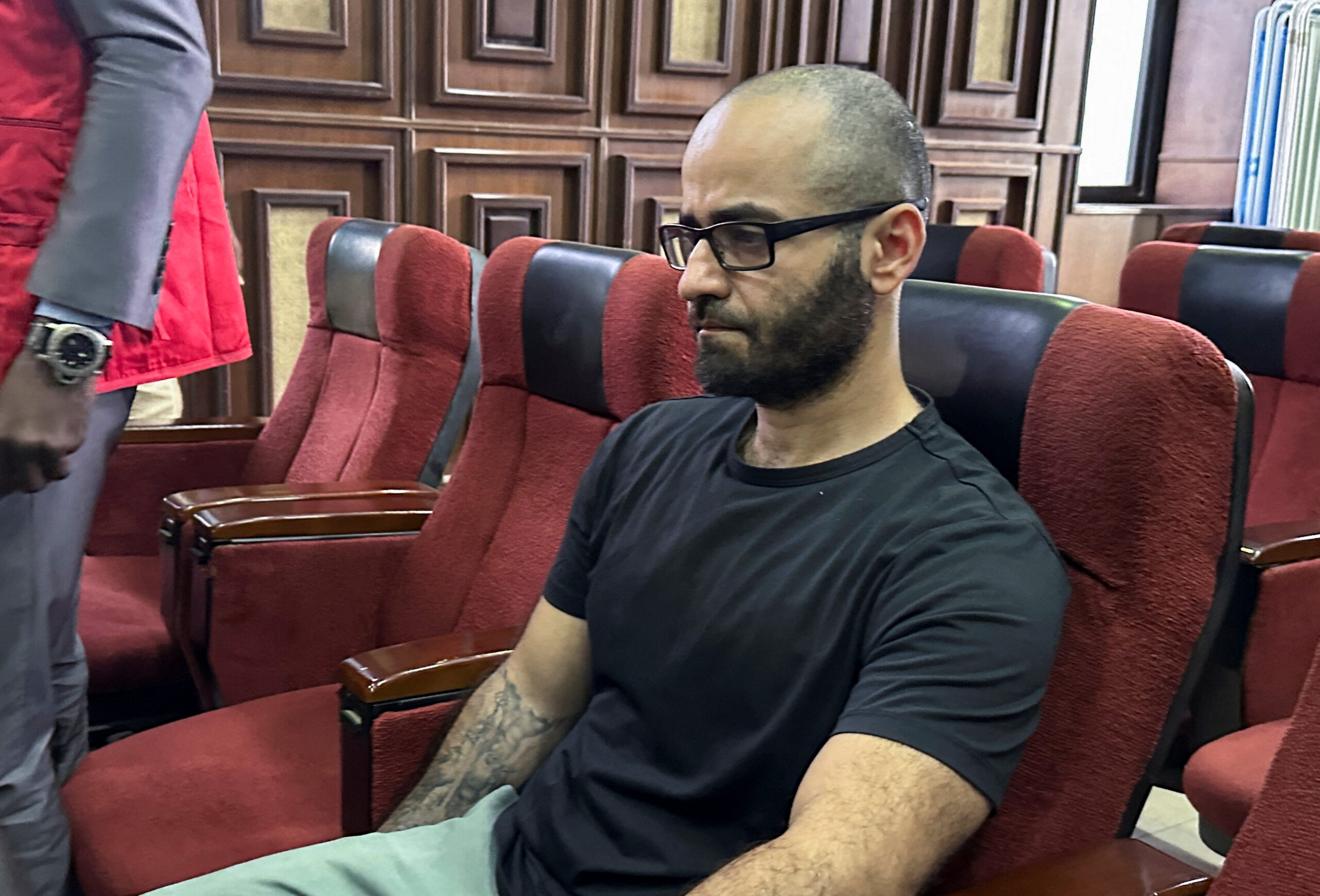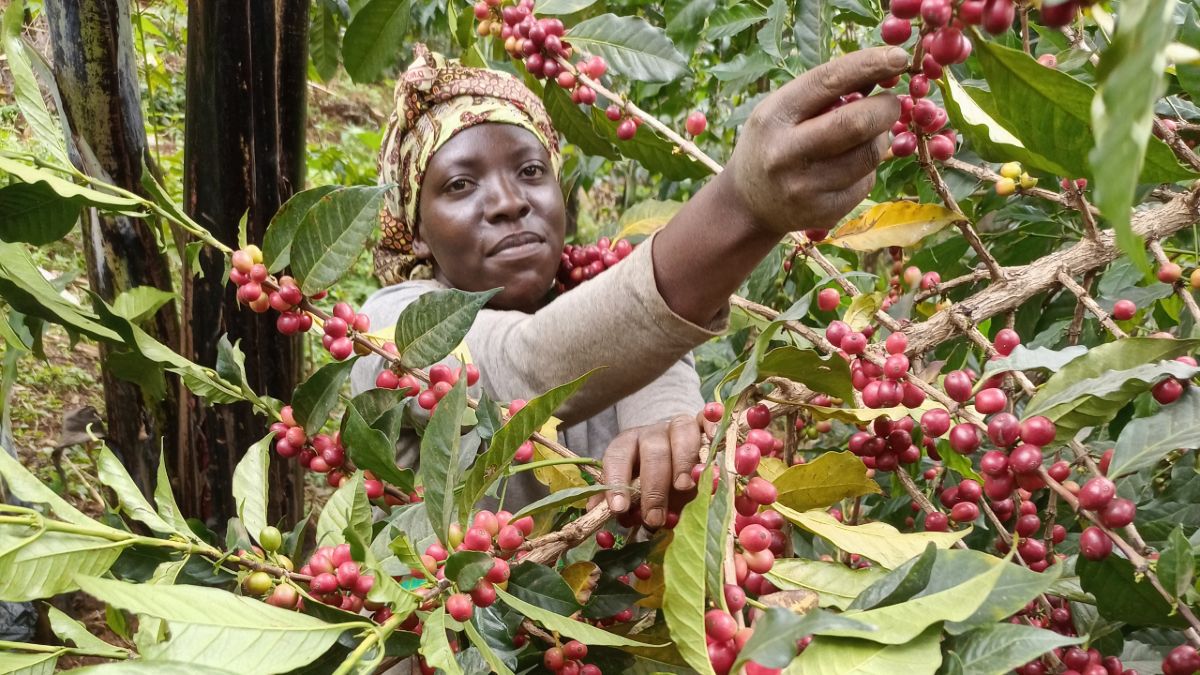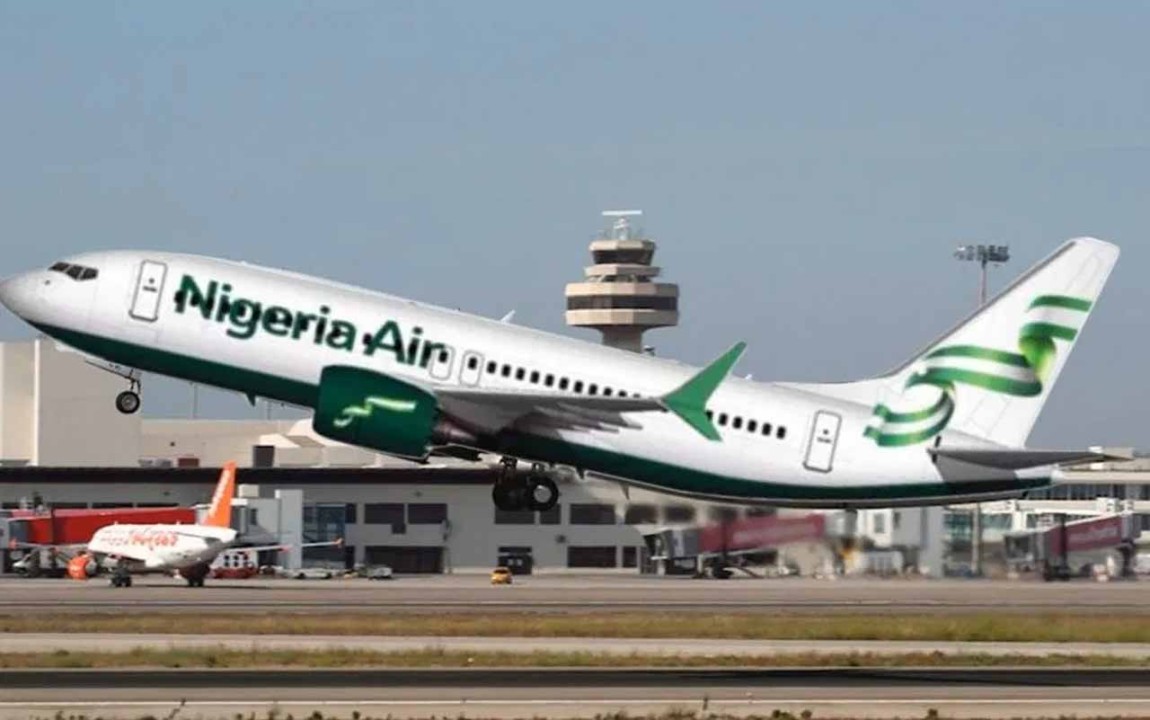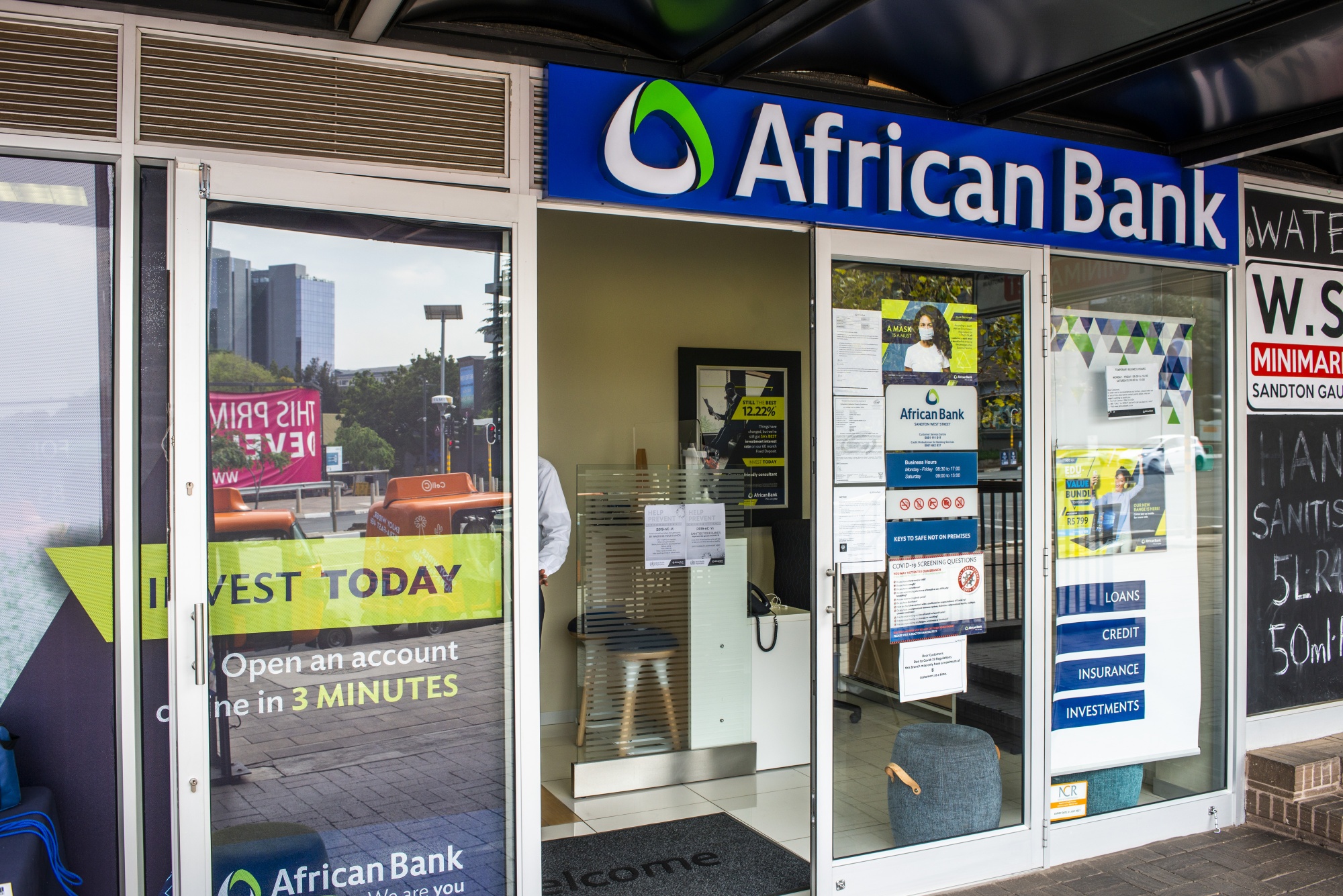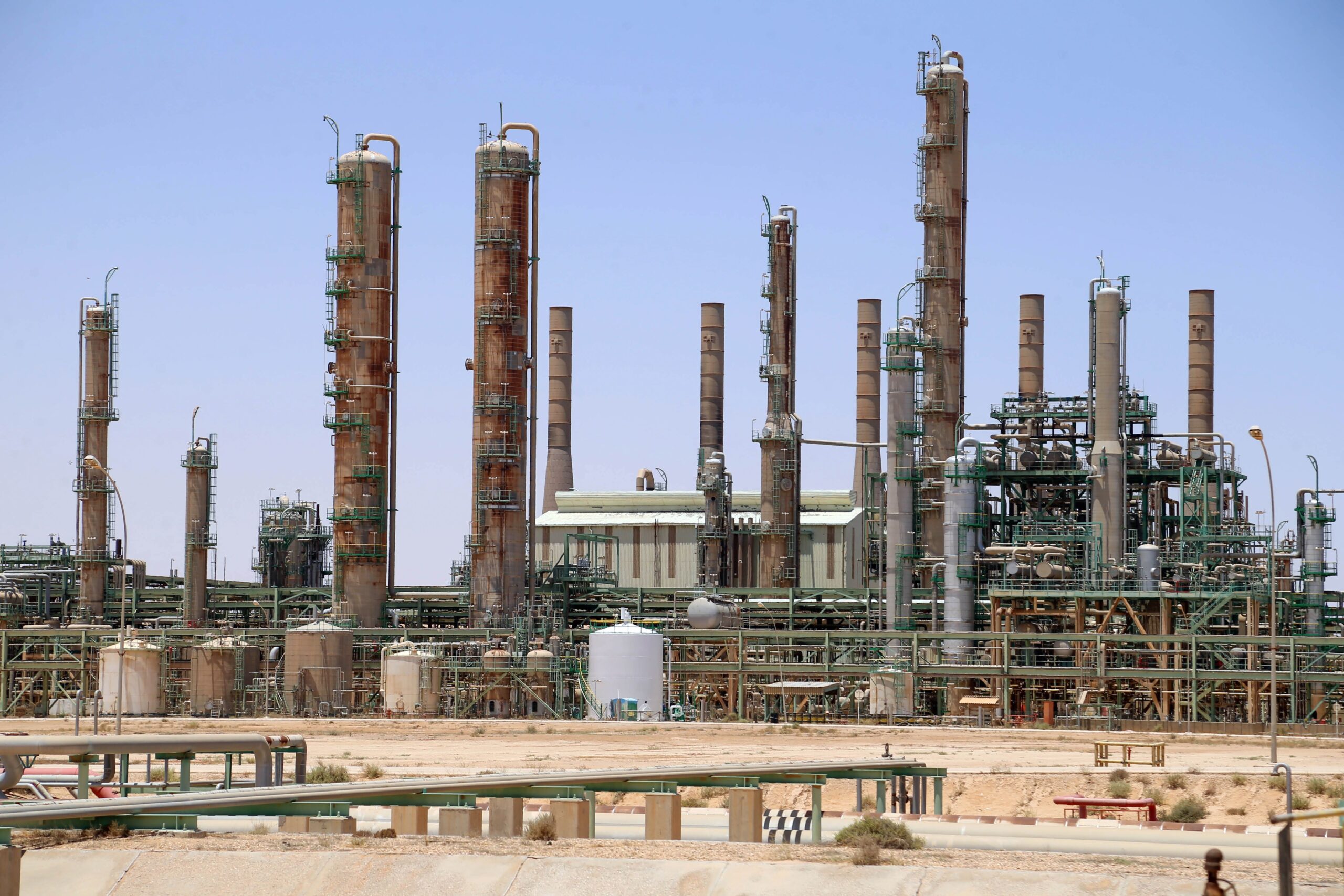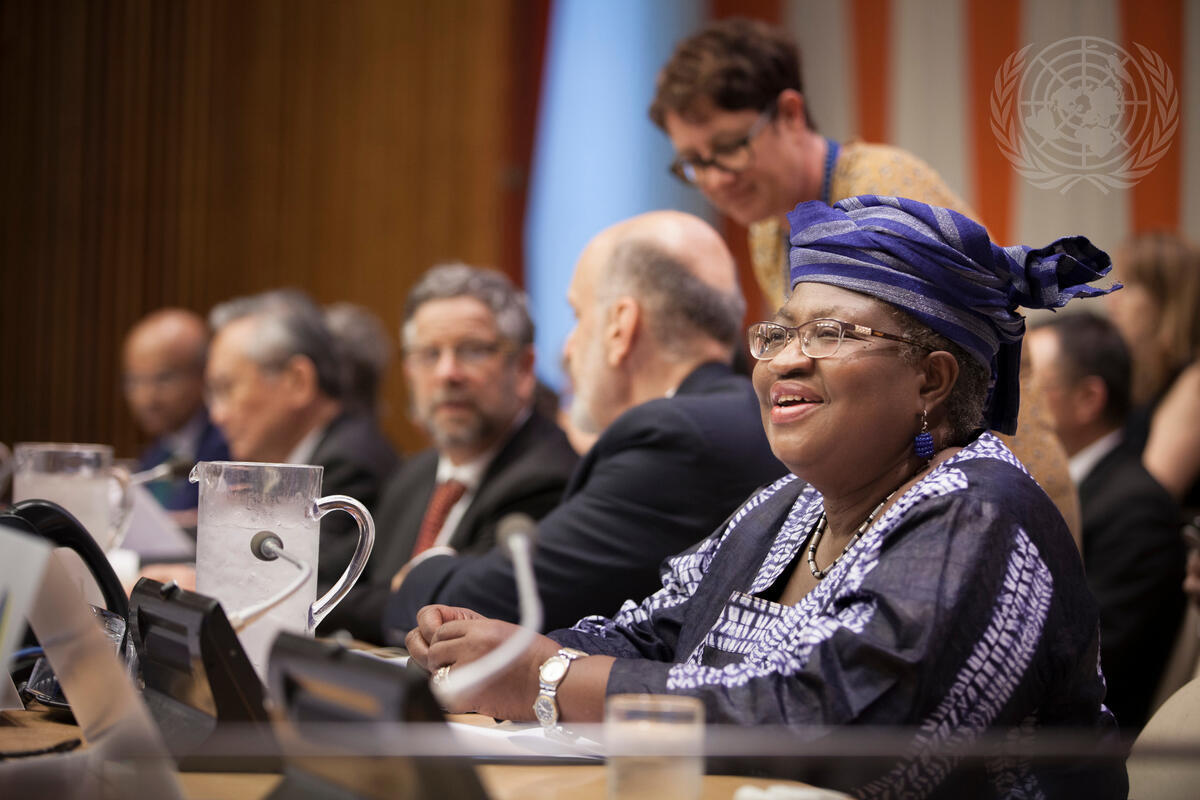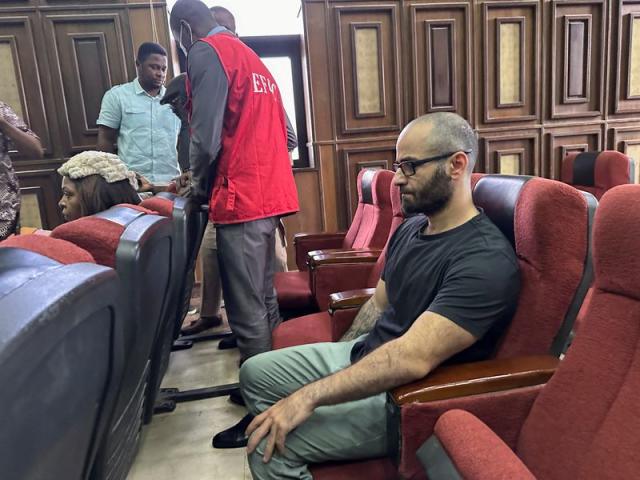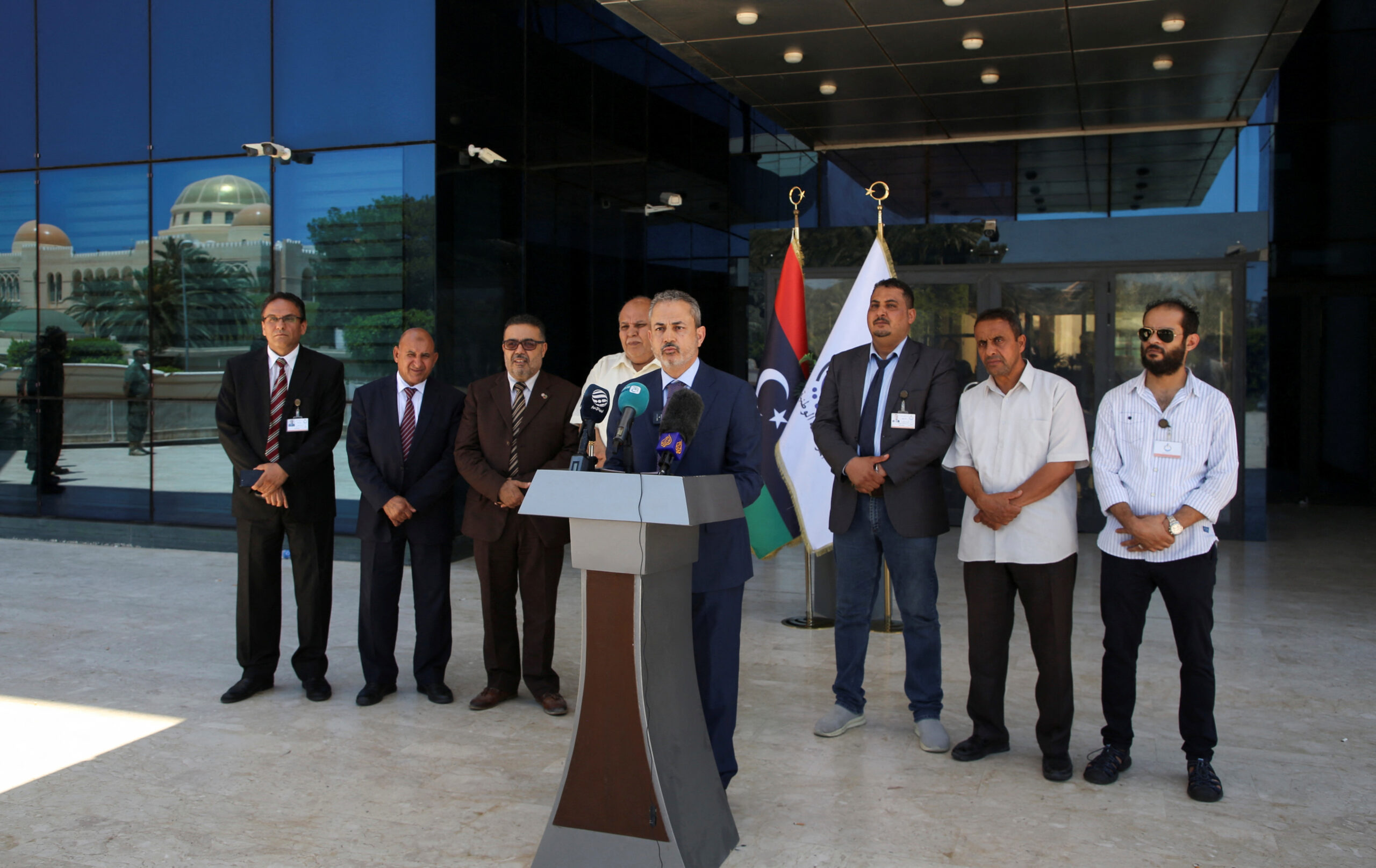Nigeria’s Central Bank hikes rate again to curb inflation
Faced with rising inflation and a struggling naira, Nigeria’s central bank has hiked its interest rate for the fourth time this year.
Egypt cuts $14 billion from external debt in five months
Egypt has made a significant stride in addressing its debt crisis, with a staggering $14 billion reduction in external debt over the past five months.
Nigeria looks into refinery woes, dirty diesel
Nigeria probes fuel shortages, dirty fuel imports, and a clash between Dangote Refinery and regulators.
Bitcoin hits $67,500 after 5 weeks
The price of Bitcoin hit $67,500 again on Friday — the first time after more than five weeks. Bitcoin saw its price climb to as high as $67,503 during the day, while it was trading just below $67,000 at 6.20 p.m. EDT for a daily gain of 4.7%. It soared 15.9% in the last seven days. Ethereum, the world’s largest altcoin by market cap, was trading at $3,520 for a daily increase of more than 2.5%, while it jumped 12.7% in the past week. The value of the cryptocurrency market stood at $2.43 trillion, rising 4.1% for the day, according to CoinMarketCap, a digital asset price-tracking website. Bitcoin, the world’s biggest cryptocurrency, plummeted to as low as $53,727 on July 5, erasing all gains of the last four and a half months, while the value of the crypto market then stood at approximately $2 trillion. The rally comes as investors hope there will be a more crypto-friendly administration if Donald Trump and his running mate JD Vance win the White House in November. Vance held as much as $250,000 worth of Bitcoin in 2022, according to multiple reports. After surviving an assassination attempt at a campaign rally in the state of Pennsylvania last weekend, Trump said he will attend the Bitcoin Conference in Nashville, Tennessee, from July 25 – 27.
DR Congo province suspends mining activities
The decision aims to restore order and improve control over mineral production.
Nigeria fines Meta $220 million for data violations
A $220 million fine follows accusations of data exploitation and privacy violations on Facebook and WhatsApp.
AfDB approves $1B loan to revamp South Africa’s rail and ports
To address South Africa’s ailing rail and ports, the African Development Bank approves a $1 billion loan for Transnet.
Egypt’s canal revenue drops 23.4% due to Red Sea attacks
The decline is a blow to Egypt’s economy as it faces a financial crisis.
Niger, Turkey deepen ties in energy, defense
Turkey and Niger sign a deal to develop Niger’s oil and gas fields, deepening their partnership after Niger expels Western forces.
IMF approves $71 million for coup-stricken Niger
The country’s economy is expected to rebound due to oil exports and lifted sanctions, but the IMF urges reforms.
Africa’s top diplomats meet in Accra to discuss budget, G20 role
From budget talks to the G20, African leaders have a full agenda at the AU Executive Council meeting in Ghana.
TotalEnergies exits Nigerian oil venture for $860 million
The move follows Shell’s recent divestment, highlighting a shift for oil majors towards cleaner energy and away from troubled assets.
Eurozone inflation holds steady at 2.5% in June
Consumer prices hike 0.2% on a monthly basis matching initial estimate, 2nd reading shows
Ethiopia swaps currency with UAE to ease forex shortage
The agreement boosts trade, investment, and financial integration between the nations.
Nigeria Binance money laundering trial delayed until October
A sick executive and missing medical documents lead to delays in the money laundering case.
Uganda’s coffee exports jump 18.2% on bumper crop
This boost comes as the key harvest season is underway for the country’s biggest export.
Kenya plans a 2% spending cut in its revised budget
Kenya plans a 1.9% spending reduction for the 2024-25 fiscal year and will widen the fiscal deficit to 3.6% of GDP after tax increases were rolled back amid protests.
Visa issues resolved, travel between Nigeria, UAE restarts
Nigeria and the United Arab Emirates have resolved a visa and currency dispute, allowing Nigerians to travel to the UAE again with flights resuming in October.
African banks at risk as nature loss hits borrowers
A new study shows how nature loss could devastate African economies by crippling banks.
NNPC’s stake in Dangote refinery cut due to non-payment: CEO
NNPC had agreed three years ago to buy shares worth $2.7 billion in the 650,000 barrels-per-day refinery
Oil prices ease on strong dollar
Efforts to implement cease-fire in the Middle East, home to vast majority of global oil reserves, continue to impact prices
IMF urges Botswana to slow infrastructure spending
This has widened the budget deficit and led the IMF to urge Botswana to slow down infrastructure projects.
African Group urges WTO’s Okonjo-Iweala to seek a second term
WTO chief Ngozi Okonjo-Iweala, the first female and African leader of the organization, is being urged by the African Group to seek a second term for ongoing stability.
Brazil’s JSL eyes growth in Africa’s expanding markets
Brazil’s leading logistics company JSL is setting its sights on Africa after conquering Latin America.
Nigerian judge schedules Binance tax evasion trial for October
While Binance has yet to comment on the latest development, it has previously called for the charges to be dismissed
Oil prices rise amid strong demand and supply concerns
Ongoing conflicts in Middle East despite Gaza cease-fire talks, support further price rises by spreading supply fears among market players
Libya’s Tripoli rejects Benghazi’s budget
The HSC fears the budget will deepen the country’s division and waste public funds.


